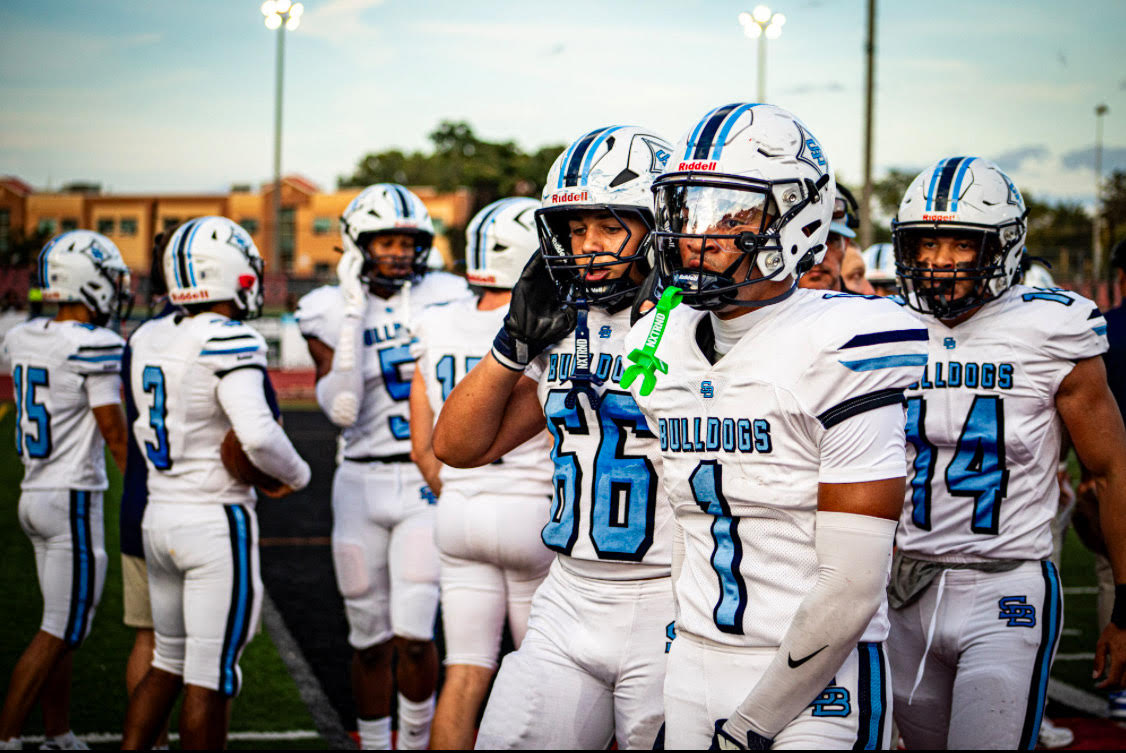Between practices, games, travel, and schoolwork, student-athletes juggle a lot. Many still manage to maintain strong grades and perform at peak levels, proving that balance is possible, but not easy.
High school student-athletes spend about 10 to 15 hours per week on their respective sports. Along with that, student-athletes spend around 12 to 13 hours on homework a week in addition to going to school for seven hours a day, making the student-athlete life feel like a full time job. Student-athletes are faced with the challenge of managing their time on and off the field everyday.
“I do my work when I get home from practice and school,” sophomore and varsity football defensive lineman Brock Janaske said. “On my occasional off days, I spend my time getting my work done.”
Time management is something student-athletes have to learn quickly because it is critical to succeed both on and off the field. They have to set aside time to get work done and prioritize off days while other students can instead go out with their friends.
“It’s really hard to get my work done because we have games and practice everyday,” junior and varsity volleyball cornerback Kellyanne Roberts said. “I have to sacrifice a lot of social events to get my work done.”
Being a student-athlete comes with making a remarkable amount of sacrifices. This could include missing a day of school to go to an away game or skipping a party to finish up schoolwork from the week instead. In some cases, the love for the sport trounces the things they have to give up.
Student-athletes are faced with many challenges, including being constantly tired because they are training everyday, but they have to push through these feelings and get it all done. This is an ability that most people struggle with.
“After practice I feel very tired and all I wanna do is go to bed,” junior and varsity football center Sebastian Acosta said.
In addition to exhaustion, it is medically proven that 35% of elite athletes have mental health concerns too. The top reported issues by athletes included feelings of burn out, depression, and anxiety. This is why it is important for athletes to remember that they are human and so much more than just the sport they play.
”Being a student-athlete has taught me so much,” junior and varsity basketball player Emma Spizuco said. “Through the high and the lows, I would not change it for the world.”




